Editorial: Why iOS in the Car is a very big deal for Apple
Last updated
Apple's new automotive initiative with iOS in the Car a prime focus for the company. Here's a look at the strategy behind it, and the company's options for bringing the new feature to market next year.
This editorial examines the strategic importance of Apple's iOS in the Car, following up on two earlier segments: the first detailed the origins of iOS in the Car and how Apple details it will work, while the second examined the competition Apple faces in automotive and why it's pushing so hard for an immediate launch next year.
Will Apple become a Microsoft, an Android, or stick to being an Apple?
In keeping with the company's secretive licensing terms for its Made For iPod (MFi) program, Apple hasn't released public details about how it plans to sell iOS in the Car. Will it be a strictly licensed specification, similar to how Microsoft markets its Windows software and PC reference designs?
Apple hasn't done anything like this with a major product since its efforts in the early 1990s to license Newton OS for tablets and the classic Mac OS for white box computers and set top boxes (like the Bandai Pippin, below). Steve Jobs terminated both licensing programs in 1997 because they didn't make financial sense.
Newton & Pippin
Alternatively, will iOS in the Car be a loose set of technologies for companies to integrate on their own, similar to Android? Apple last gave away an alternative, open source operating system in 1998: mkLinux.
And while Apple now maintains and distributes several large scale free and open software projects including WebKit, CUPS, LLMV and LLDB, these projects are all, like Android, strategic rather than directly profitable.
Alternatively, will iOS in the Car be a finished product carmakers must integrate into their vehicles? The most recent significant example of Apple providing a product for third party resale is likely its short-lived 2004 partnership with HP to sell the rebranded HP+iPod.
However, a number of third party Value Added Resellers have jumped upon integrating existing iOS devices in custom applications, from cash registers to interactive museum kiosks. And Apple already prominently works with a wide range of third party VARs that support aftermarket iPod car integration.
Upgrading these VARs from their existing AiR or iPod Out solutions to full support for iOS in the Car features built around, say, an iPad mini, appears to be a moderately large opportunity in itself for the huge audience of drivers worldwide who aren't in the market for a new vehicle next year.
Apple clearly loves making its own, fully optimized and highly integrated hardware products, and doesn't seem at all eager to shift its winning strategy into a broadly licensed software model like Windows or Android. Doing so would have limited financial upside, and expose Apple to the same sort of platform fragmentation and finger pointing integration accountability issues that plague Android and Windows.
Over the past decade, Apple has passed the rest of the industry so decisively that Microsoft and Google are now shifting their open platform strategies into reverse in this regard: both are working furiously to build their own Apple-like first party hardware, from Microsoft's Xbox, Zune, KIN and Surface to the smartphone, tablet, netbook and TV products floated under Google's Nexus, Motorola and Chrome brands.
What's under the hood of iOS in the Car?
iOS in the Car is somewhat new territory for Apple, a significant evolution of its MFi program. While last year's Eyes Free initiative only asked car makers to invoke Siri remotely through, essentially, a Home button on the steering wheel (shown below, and in the new Chevy Sonic ad promoting Siri Eyes Free at the top of the page), the custom touchscreen interface Apple depicted for iOS in the Car appears to involve a more substantial installation capable of running iOS itself.
The question nobody has really asked and Apple hasn't explicitly answered is: does "iOS in the Car" mean you can use iOS in your car, or does it mean iOS is actually installed in your car?
It's certainly possible that Apple could simply be asking car makers to adopt an iOS-style user interface, which could conceivably be hosted on top of their existing infotainment systems. This would have something in common with the original iPod in 2001, which put an Apple-like user interface on an embedded Linux device, complete with the original Charcoal system font of the classic Mac OS.
However, Apple's come a very long way since 2001. In 2006, when rumors of a possible "iPhone" first began to swirl, I received some rather contemptuously caustic feedback from one reader on my suggestion that Apple could be working on using OS X to develop its own smartphone platform.Hindsight makes it seem pretty evident that Apple isn't interested in being a bit player on top of some other OS: iOS in the Car must actually mean iOS is in the car.
In her opinion, it made much more sense for Apple to simply layer an iPod appearance on top of the openly licensed Symbian smartphone platform then being jointly run by Nokia, Sony Ericsson and NTT DoCoMo. Why would Apple dare challenge the awesome power and entrenched influence of the veteran mobile industry Goliaths?
A decade before that, there were many pundits scoffing at Apple's 1996 plan to acquire Steve Job's NeXT in order to build OS X, rather than just licensing either Windows NT from Microsoft or acquiring BeOS in order to update the technical underpinnings of the Mac platform.
If Apple has licensed Windows in the 1990s, as Microsoft had urged in initial negotiations, it likely wouldn't have survived long enough to have gone out of business as a Symbian smartphone licensee a decade later. That hindsight makes it seem pretty evident that Apple isn't interested in being a bit player on top of some other OS: iOS in the Car must actually mean iOS is in the car.
A car hardware opportunity
Given that today's automotive infotainment systems are often plagued with end user complaints of core software systems that are difficult and expensive to update, unresponsive screens and other symptoms of cheapskate hardware, and given that there is not a widespread, common automotive hardware platform to install iOS upon (similar to the standard Intel x86 PC architecture Apple readily adopted for new Macs in 2006), it makes sense that Apple could be planning to build its own hardware components for automakers adopting iOS in the Car.
This could involve an embedded Apple A6-powered automotive hardware module that Apple could support as a user-upgradable product, and that integrates with car makers' existing wiring harnesses, proprietary hardware controllers (like BMW's iDrive shuttle navigation device), vehicle information systems, rear cameras, heads up displays, climate control systems and a dash-mounted touchscreen display that meets certain specific criteria.
Apple could also go a step further in essentially selling automakers a car-customized iPad, given that even the most high end models of Apple's tablet cost much less than cheapest automotive navigation and infotainment options on new vehicles.
However, manufacturers are likely to prefer to exercise more control over the way a display is integrated in their vehicle, making the concept of a "headless" iOS module easier to quickly integrate in their existing vehicles, given that Apple is pushing for this to begin as early as next year. Basing iOS in the Car on such a "iModule" would strike a balance between Apple's core competency in designing and building high volume, low cost devices, while still allowing automakers to experiment with differentiating features.
Many existing automotive systems already use such an ARM-based controller, such as the Continental modules that power Ford Sync. They're just not intended to be upgraded with periodical replacements.
Basing iOS in the Car on such a "iModule" would strike a balance between Apple's core competency in designing and building high volume, low cost devices, while still allowing automakers to experiment with differentiating features supported by custom apps and employ various degrees of economy or luxury to match their vehicles.
With the rapid pace of advancement in mobile device hardware, Apple could add the car to its list of regularly upgraded products (iPod, iPhone, iPad, MacBooks) it markets to consumers in new editions each year. Leveraging its vast economies of scale, Apple could profitably sell replacement car iModule upgrades that keep drivers' vehicles up to date and increase their cars' resale value.
Outside of the car, such an iModule could also have broad applications in other industries as a cheap way to give appliances and industrial equipment a general purpose, upgradable brain that would be easy to extend using iOS app development tools.
Watching the TV
Such a strategy would resemble the company's ongoing string-pulling hobby of Apple TV. Despite years of predictions that it would either enter the TV business or license its Front Row or Apple TV interface to existing TV manufacturers, Apple has plugged along simply selling standalone Apple TV units that end users plug into their existing TV.
Sales of Apple TV have grown from initial, experimental quantities to now reach 1.3 million in quarterly unit sales. That's as large as Apple's entire Mac business was in the corresponding quarter of 2006, the year the company first unveiled the set top box.
Seven years of Apple TV later, the company hasn't given even the slightest public hint of being interested in embedding Apple TV or its user interface in third party sets. At the same time however, Apple has been licensing one of Apple TV's killer apps: AirPlay.
Through its MFi licensing program, Apple lets third party hardware makers support the audio-only functionality of AirPlay (as it has since its previous incarnation, AirTunes) into their products. It still hasn't opened up access to AirPlay video, however.
This suggests that Apple would rather retain exclusive ownership of AirPlay via its own hardware rather than earn any amount of licensing revenue from potential partners. Why?
Given that iOS 7 appears to support new AirPlay features related to iOS in the Car over USB and WiFi alongside iPod Accessory Protocols features, Apple's reluctance to license may be due to its interest in owning the hardware iModule business.
Is iOS in the Car a software licensing opportunity?
Many analysts have a hard time explaining why Microsoft's licensing model for Windows seemed to work so well for PCs in the 1990s but has been a complete failure over the last decade in the market for music players, smartphones, tablets and Ultrabooks. One obvious reason its that desktop PCs didn't need very tight integration.
Fit and finish, battery life and a high performance, no-lag user interface have proven to be very important features in the success of modern mobile devices, each category of which has been dominated by Apple. In conventional desktop PCs and servers however, Microsoft could simply demand faster CPUs and more RAM, bathed with readily available AC power, to make up for the performance of its software.
In these respects, automotive infotainment systems and TVs seem to share more in common with the conventional PC than the mobile devices Apple has built into a global empire over the last decade. Both categories are cost sensitive and lack the tightly optimized power per watt, weight, thickness and thermal constraints that Apple has made its obsession with iPods, iOS devices and MacBooks.
That indicates both Apple TV and iOS in the Car offer Apple an opportunity to try something it hasn't done since the days of 680x0 Macs: license out its platform as software that third parties can run on their own hardware in a model similar to Windows.
Wouldn't it be interesting if Apple took on and beat Microsoft at its own licensing game in cars and TVs, after first besting Microsoft using its own integration strategy in mobile devices? Cars and TVs appear to have been a huge opportunity squandered by Microsoft, which Apple is now in a position to dominate.
It must be embarrassing for Microsoft to realize in retrospect that, rather than investing so much of its efforts over the 2000s into ineffectually copying what Apple was doing, it likely could have been wildly successful if it had instead devoted similar resources into competent efforts to build a modern version of Windows for cars and TVs, where it might have actually worked.
This is particularly the case because the automotive and television industries are set up more like the enterprise server business, where a small number of individuals make decisions that deploy lots of the same technology. Consumers don't really have a choice between the operating systems available on their car or TV, any more than PC users had real choices in the 1990s, or employees have much choice in what server OS their companies deploy.
Mobile devices, however, have presented end users with much more individual choice. Smartphone buyers, presented with options from Palm, BlackBerry, Windows Mobile, Symbian and Apple's iPhone quite clearly exercised that freedom, making the latter a hot seller while the rest are not really around anymore.
The entire character of a smartphone or tablet is defined by its operating system, whereas when buying a car or TV, there are many other more important considerations to think about than simply how well the user interface of the display works. Cars and TVs appear to have been a huge opportunity squandered by Microsoft, which Apple is now in a position to dominate.
While cars and TVs may offer a credible licensing opportunity, Apple's DNA still appears to desire a hardware business. That makes sense in automotive, where it could be hard for Apple to demand a significant software licensing fee, but apparently quite easy to sell car makers a ready to use iModule priced similar to an iPad mini, that's easy for them to integrate and extend with custom software apps.
Apple's strategy falls into place for Siri
Regardless of whether it choses to pursue iOS in the Car via hardware sales or a software/IP licensing program, virtually everything Apple has been working on over the last several years (apart from perhaps video games) is relevant to its automotive aspirations. All trails lead to iOS in the Car, from iOS 5's Siri and iMessage to iOS 6's Maps to iOS 7's iTunes Radio sponsored by iAd.
iOS in the Car is certainly made possible by Siri, a necessary investment for Apple because competing car integration systems already offer voice recognition, whether they work well or not.
But now that Siri's capabilities (honed in a public beta launched alongside iPhone 4S) are good enough to compete against the market incumbents (which are themselves a work in progress, and certainly not flawless), Apple is in a position to harvest tremendously valuable voice processing data from a vast new audience of users. It can reinvest that data to optimize and enhance Siri.
That's particularly the case because drivers are more likely to be regularly interacting with their cars by voice than a typical smartphone or tablet user. On the iPhone, Siri is a fun novelty feature that occasionally abbreviates the effort of typing in a query about movies or the steps required to set an alarm.
But with iOS in the Car, Siri will get an audience that is regularly demanding GPS directions, asking to dial phone numbers, responding to them and requesting songs. The more a thing is worked, the stronger its gets. Pundits who scoffed at Siri and suggested Apple retire it now look very silly.
Apple's strategy falls into place for Maps
The same situation will increasingly have an enhancing affect on Apple's Maps, which on iOS are not always helpful or correct, just like the mapping products from Google, Nokia, BMW and every other car navigation system available.
While at least 94 percent of Apple's more than 365 million iOS devices are now serving Apple's Maps by default, the amount of feedback data originating from smartphones and tablets will be greatly improved upon by new data flowing in from millions of cars driving down defined routes in Apple's Maps via iOS in the Car, as their drivers search for points of interest and passively generate valuable metrics on traffic conditions.
Remember last fall, when everyone in the tech community was scouring Flyover imagery for the most embarrassing glitch in a desperate bid to generate the most contemptuous portrayal of their extreme dissatisfaction with Apple Maps? While their scathing ridicule of iOS 6 Maps will likely be forgotten by next year, they too will look very silly in retrospect for not recognizing what Apple was doing.
In particular, Google's complete blindsiding by Apple Maps at the launch of iOS 6 will go down in history as the turning point where the search giant fumbled its advanced lead in mapping to a company that had, one year earlier, similarly knocked out Google's advanced position in voice-based assistance with its own introduction of Siri.
That means in the space of two years, Apple has put together functionally credible competition to the voice and mapping projects Google had been publicly working on since 2005. It's almost as if Google and Microsoft were so busy trying to take away Apple's business that they forgot to worry about Apple walking in and taking their existing businesses right from under their noses.
Apple's strategy falls into place for iTunes Radio and iAd
Drivers with iOS in the Car will also be selecting which podcasts or audiobooks or music selections to listen to. And while they are listening to music on iTunes Radio, their streaming music will be sponsored through iTunes Match or Apple's iAd spots, a third massive exercise of a new Apple initiative.
While the tech media's scoffing at iTunes Radio ("we already have Pandora!") has been somewhat contained, their overwhelmingly arrogant dismissal of iAd has not. Surely Apple couldn't compete with Google in any respect, particularly in advertising!
As Apple pursued the conversion of its Quatto Wireless acquisition from being a Google Adwords-style banner ad network into a new form of unobtrusive, opt-in marketing experience, it also launched high profile, million dollar ad programs with major advertisers.
But as Apple's iAd increasingly expanded to embrace a wider selection of advertisers with campaigns involving ever smaller minimum budgets, the company's critics mocked its "falling prices" with contempt never seen before in an industry long defined by progressive price reductions.
Nobody smirked at the low price of Google's latest TV product for just $35 (briefly $11 with its Netflix offer). And when HP and Microsoft slashed the prices of their failed webOS and Surface RT tablets, there was actually a columnist cheering on the fire-sale closeouts as if the two companies had discovered a brilliant new marketing strategy of giving away hardware below cost.
Apple didn't ever position iAd as an effort to dominate the advertising market; it instead described iAd as a way to provide its third party developers with a classier way to monetize their apps than simple banner ads that tend to actively drive app users out of their apps to visit external websites. iAd was intended to keep app users happily using apps.
iAd and the tools (like iAd Workbench and iAd Producer, above) Apple has developed to ease the creation of iAd experiences in HTML5 have been successful enough to drive Google into copying the entire strategy from the concept down to its upcoming Google Web Designer.
But iAd has also resulted in giving Apple a way to monetize other free services outside of apps, including the upcoming iTunes Radio. It's a pretty safe bet to anticipate that iTunes Radio will eventually be followed up by an iTunes TV offering that lets users watch video content sponsored by advertising.
And even if for some reason iAd fails spectacularly with advertisers, it will still give Apple another way to promote its apps, music, video and movies in iTunes, the world's largest digital downloads retailer.
Over the past six months, Apple has collected $8 billion in revenues from iTunes, a consistent average of more than $1.3 billion per month.
Google's driverless strategy in automotive
Put simply, iOS in the Car promises to exercise Siri, Maps, iTunes Radio and iAd into market leading heavyweights through regular human interaction. That's exactly the kind of data Google wants.iOS in the Car promises to exercise Siri, Maps, iTunes Radio and iAd into leading market heavyweights through regular human interaction.
You can probably bet that as soon as Google realizes this, it will leap to announce an automotive program of its own. Given the length of time it took for Google to shift Android from being a BlackBerry clone to looking like the iPhone, in conceiving Honeycomb after the launch of iPad, or in changing course on Google TV and Nexus Q to target Apple TV with Chromecast, this might likely happen by 2014-2015.
It could be that Google already sees its self-driving car technology now in development as a killer app that will allow it to enter the automotive industry and replace infotainment systems with its own products to collect this data that's valuable for marketing.
But as with its less than successful TV aspirations, automakers might not want to give Google the reins, particularly given that virtually all of them are working on their own self-driving vehicles and see Google as a primary competitor.
While many of those same car makers also have their own infotainment systems, they have historically delegated phone, radio, maps, and other features to third parties in order to focus on the mechanics of the vehicle itself. That explains why half of the top ten auto makers by volume, and a similar proportion of the world's leading luxury automakers allowed Apple to list them as having committed to iOS in the Car by next year.
It will be the market that decides whether it wants the future of automotive experiences to be more like Apple's proprietary iOS, which is aimed entirely at making an experience so great you'll want to buy it, or like the wide open web that Google monetizes, where everything is free but anything of value is sponsored by ads and designed to collect human data in order to determine how to constantly enhance the science of marketing.
 Daniel Eran Dilger
Daniel Eran Dilger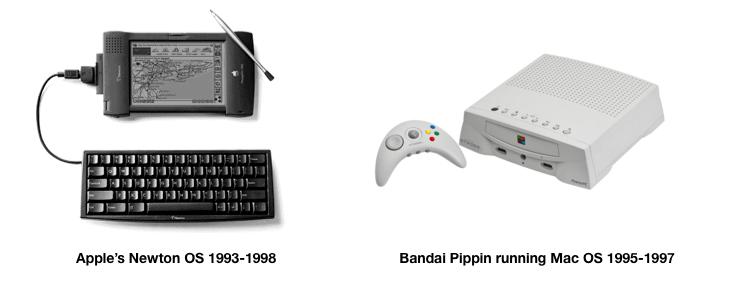
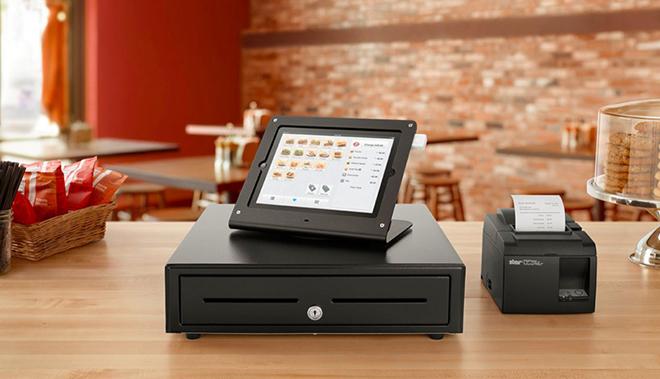
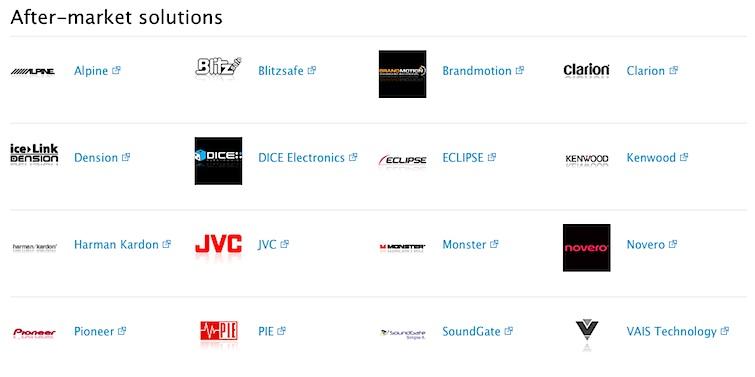
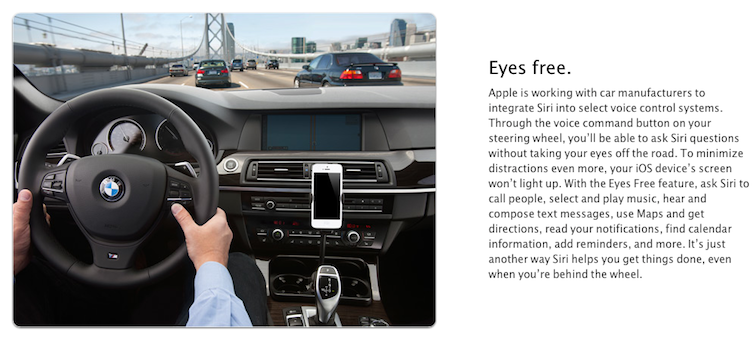
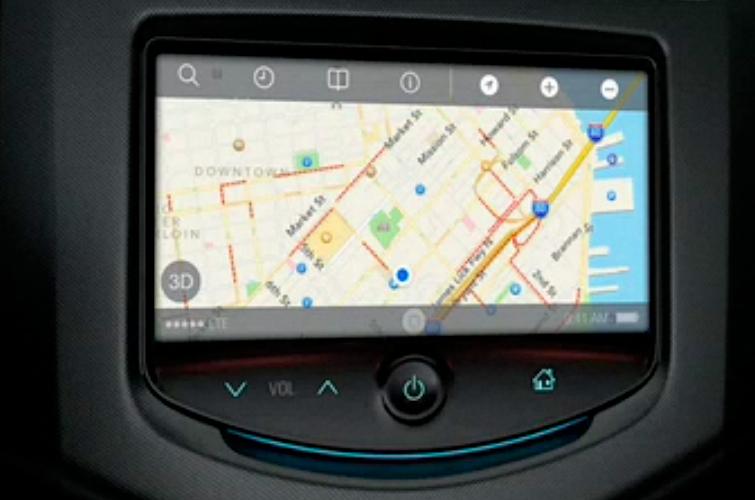
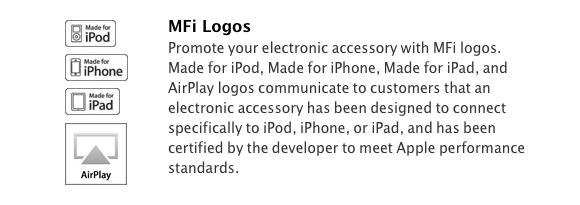
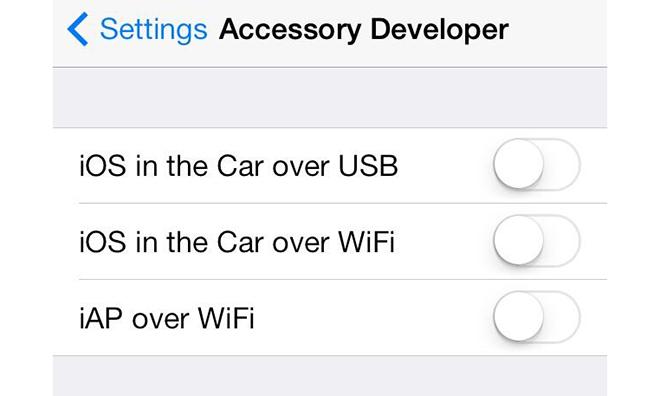
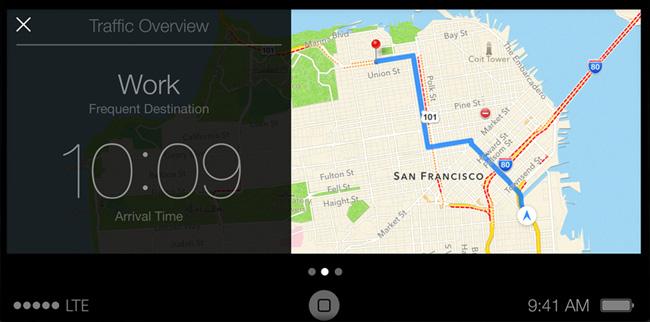
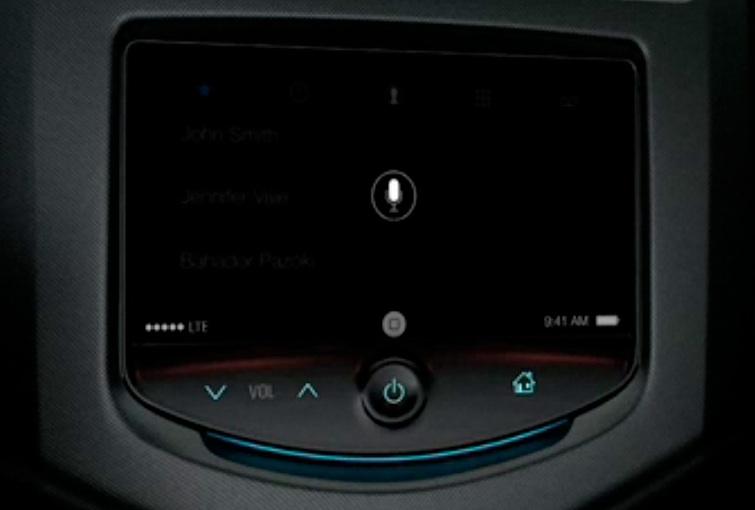
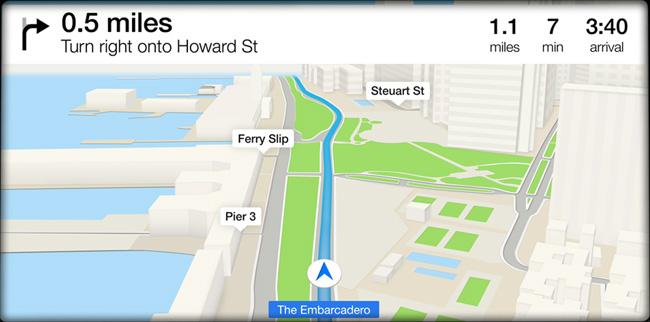
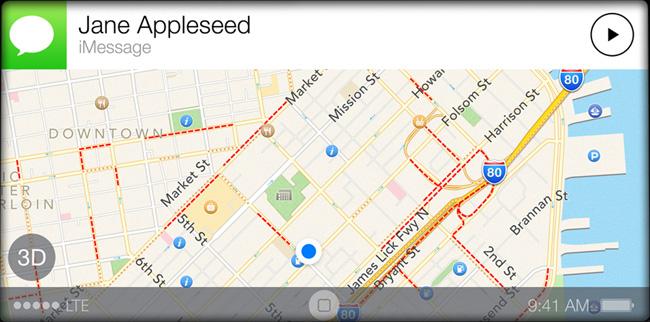
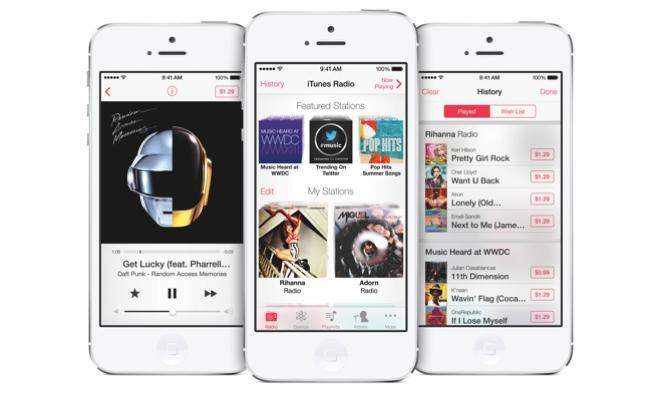
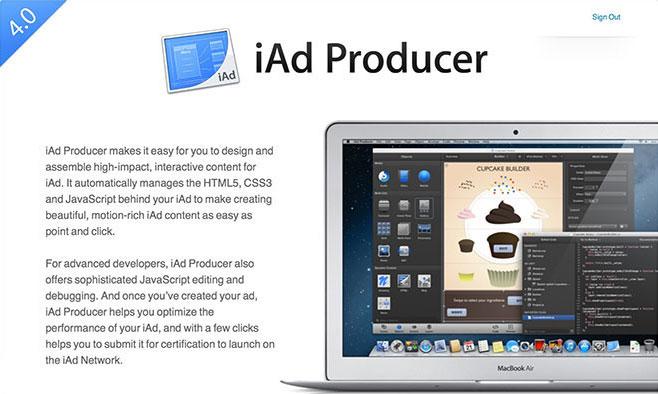
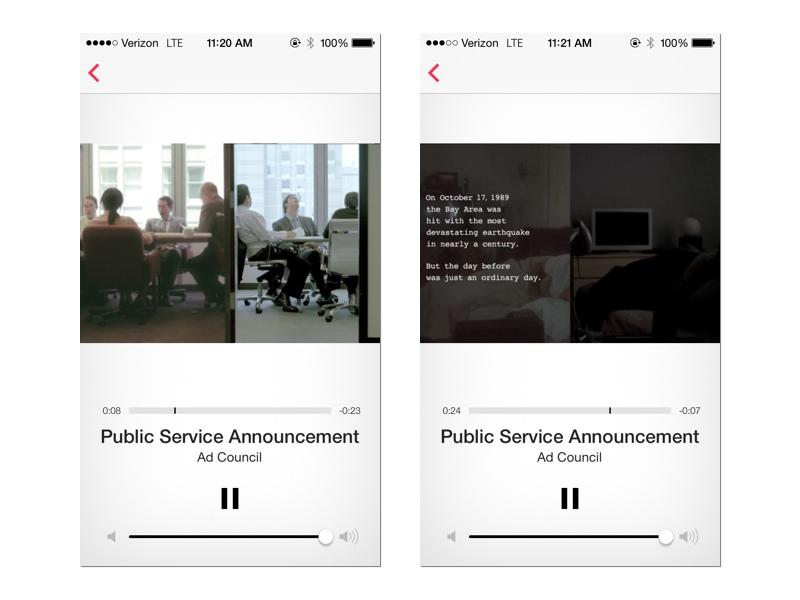














 Amber Neely
Amber Neely
 Thomas Sibilly
Thomas Sibilly
 AppleInsider Staff
AppleInsider Staff
 William Gallagher
William Gallagher
 Malcolm Owen
Malcolm Owen
 Christine McKee
Christine McKee










77 Comments
Planning to get the new Corvette, but probably a 2015, not a 2014. Hopefully iOS will be on board.
When the iPhone first came out I already knew it would be hugely popular as a phone but also remember thinking that I wished they could bring that into the car. If they manage to do it right this would provide tremendous expansion for Apple. For me, I would just like a simple way to integrate and view Maps on my car display when needed, access to Pandora, Spotify, iHeartRadio, and be able to have texts read out and reply by voice, and also hands free voice for calls. Nothing more than that. Right now I just use the auxiliary port for music and can also take calls over the speaker but would love tighter integration. My car is fairly new so will not be shopping for a new car soon, but would consider replacing the stereo to get that integration.
I won't use a phone, handsfree or not, or any other electronic device while I'm driving. Why? It's distracting. It's dangerous. When you are driving a car, you need to drive safely. Nothing else.
I won't use a phone, handsfree or not, or any other electronic device while I'm driving. Why? It's distracting. It's dangerous. When you are driving a car, you need to drive safely. Nothing else.
That may be true but the people that scare me the most are friends that drive and refuse to keep their eyes on the road in conversations when I am in the passenger seat. They have to make eye contact and are constantly turning their heads to look at me. I have to berate them to look at the road and stop looking at me. I never turn my head away from road when I am the driver and speaking with a passenger in the car.
Studies show that listening to music is the least distracting. Humans like to think we are good at multi-tasking but the reality in study after study shows we are not.
Boom. The last thing you'd ever want to do in your car is surf the web with a browser and get spammed by ads.
And that's Google's core competency: spamming up search results with ads. 96% of Google's revenue comes from ads.
iOS in the car will provide drivers with something actually useful and practical. In the very near future.
And it will provide Apple with exactly the kind of user data that all the tech giants would kill for.
Amazon wants to know more about their users so they can more accurately recommend products.
Google wants to know more about their users so they can target ads at them better.
Microsoft wants to know more about their users so they can dig up clue number one about the consumer market.
Apple wants to know more about their users so they can provide more value-add to their hardware.
And to bring more users into the iCloud ecosystem. And eventually to target iAds at them better.
(The latter being much further down the road. Pun intended.)
Self-driving cars are many years from 1. being safe, and 2. being acceptable to consumers.
Those qualities need to materialize in that order. And even when self-driving cars are both safe and
acceptable to consumers, it will take decades for the install base to reach a profitable size for Google.
Modulo the inevitable lawsuits caused by accidents, whether or not they were Google's fault.
And if Google's self-driving car algorithm is as intrusive as some of their other systems, there
might be a consumer backlash:
Driver: "Take me to Target. They're having a sale."
Google Car: "But WalMart is also having a sale today. T-shirts for $7.00."
Driver: "No. Target. Now."
Google Car: "And WalMart also has Hanes briefs on sale in a 3-pack for $15.00."
Driver: "No. I'm going to Target to buy rat traps."
Google Car: "WalMart sells the Rat Zapper for $49."
Driver: "No. I'm making a chain-reaction demonstrator with rat traps and ping-pong balls."
Google Car: "WalMart has ping-pong paddles for $9. And ping-pong tables for $129."
Driver: "Go to manual driving mode. Disable voice feedback."